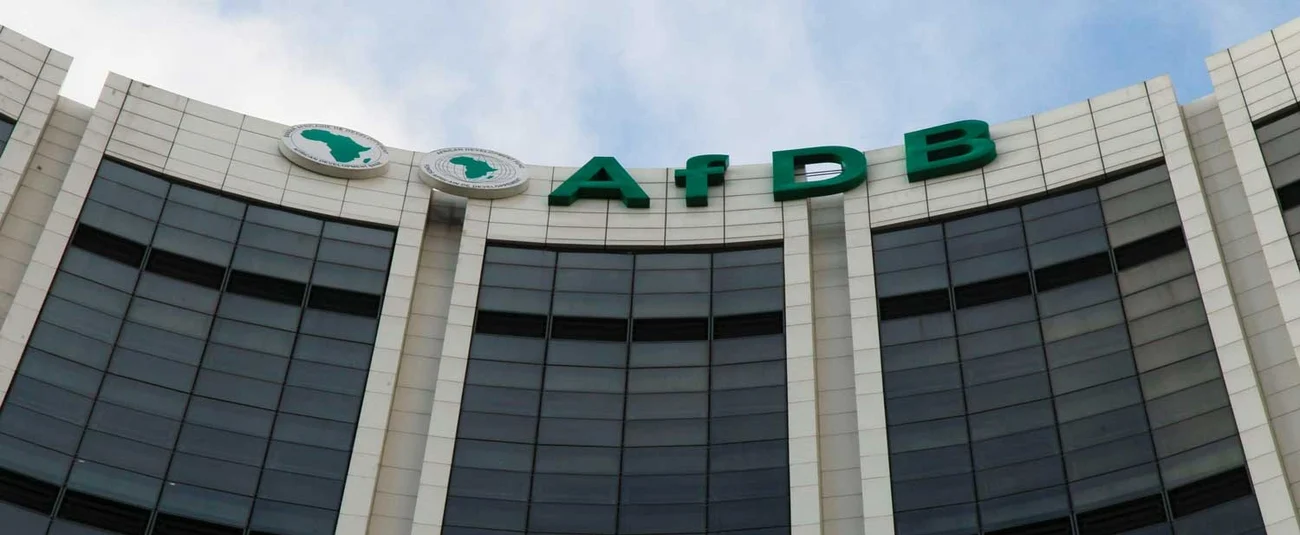The 30% corporation income tax that was recently imposed on members of the International Association of Independent Tanker Owners raised concerns to the president of the Nigerian Chamber of Shipping, Mr. Aminu Umar, about how it would affect the federal government’s revenue.
According to The Punch, Umar suggested on Sunday that the tax structure might not have an impact on refined petroleum products.
However, he also said that it would lessen the profit Nigeria would have gained from the sale of crude oil.
He said: “Importers of refined petroleum products are unaffected. The only ones who will be impacted are those that export crude oil. There won’t be a shortage of fuel as a result.
“The Federal Government’s planned expenditure on crude exports will only be affected or decreased. Due to the fact that the buyer would like to pay less for the crude in order to cover the expense of shipping.”
He claimed that this will therefore lessen the money Nigerians would have made from the sale of crude oil due to the buyers’ price consideration. He predicted that it would raise the cost of shipping goods into Nigeria.
Additionally, our correspondent was informed on Sunday by a source close to Depot and the Petroleum Marketers Association that the levy will raise the price of fuel imports.
According to the source, “Marketers work hard to secure the greatest freight rates for ships. However, if the tax is in dollars, it will be reflected in the price of imported fuel. This is an illustration of how market fundamentals affect the local pump price because the vessel owner will pass the cost (tax rise) on to the charterer who will then spread it across the cost of fuel, raising the landing cost,” he said.
Remember that the International Association of Independent Tanker Owners recently received a 10% penalty fee and a 19% interest rate demand notice from the Federal Inland Revenue Service over alleged freight arrears connected to boats that have called at Nigerian ports for wet cargoes since 2010.
The communiqué indicated that FIRS had not supplied a full breakdown of computations detailing the precise cargo/freight amounts every journey. It was signed by members of INTERTANKO, shipowners, and the Nigerian Maritime Administration and Safety Agency.
Additionally, INTERTANKO informed its members that failure to pay tax assessments was regarded by FIRS as tax evasion and a crime.
“INTERTANKO has reminded its members that failure to pay tax assessments is regarded by FIRS as tax evasion and a crime. The group has gotten in touch with FIRS to ask for more detailed information on the formula used to calculate the freight tax and to learn more about demands made in a similar manner to charterers”, it said.











